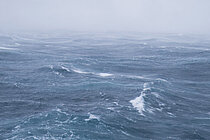Ocean and Climate
The challenge
The ocean plays a central role in regulating Earth’s climate. By moving enormous amounts of heat from the tropics to higher latitudes and being the main source of water precipitated from the atmosphere, it contributes to the habitability of our planet. The ocean also absorbs a large fraction of heat and carbon dioxide (CO2) emitted through human activities thereby mitigating the impacts of climate change.
On the other hand, climate change also strongly affects the ocean. It becomes warmer, currents change and the sea level rises. The uptake of carbon dioxide causes ocean acidification and the dissolved oxygen content decreases. These changes affect coastlines, biogeochemical cycles and marine ecosystems.
Ocean observations, help to discover and understand important ocean processes and to document changes. The history of natural changes of the ocean in the past can be reconstructed by analysing climate archives such as sediment deposits and corals. Ocean and climate models make it possible to identify and attribute causes and effects of climatic changes, predict potential changes and to compute scenarios of the future ocean and climate as a consequence of human activities.
But there are still fundamental unresolved questions, for example regarding the transport of energy and matter across spatial scales from micrometers to ocean basins, the interplay of ocean dynamics, ecology and biogeochemical cycles of carbon, nutrients and oxygen, as well as the mechanisms by which humankind is intentionally or unintentionally changing the ocean.
Our aim
We strive to better understand the natural and human-induced physical and biogeochemical changes in the ocean and its exchange with the sea floor, the land and the atmosphere across a variety of temporal and spatial scales.
We develop and use ocean and climate observation systems and contribute to the reconstruction of past changes as well as to the development of new prediction systems. Our aim is to cover the full spectrum of scales from process understanding to the global perspective. We provide knowledge for quantitative assessments of the ocean’s ecosystem and climate services to humanity, their vulnerability, future potentials and their resilience.
We inform decision makers and society about potentials, benefits and risks of a variety of ocean-related sustainable development options and ocean governance, including approaches to mitigate human-induced climate change and to adapt to climate and ocean change.
Our expertise
GEOMAR is world-leading in developing a comprehensive understanding of oceanic and climatic processes and their role in the Earth system by combining observations, laboratory experiments and analytics, theory and modelling across a broad range of disciplines and spatial and temporal scales. We deploy and improve ocean observing systems. We use and improve numerical ocean, climate and Earth system models. We operate high-end analytical instrumentation for the development and application of geochemical indicators (proxies) to reconstruct past states of the ocean. In addition, we run a wide range of experimental facilities and use and contribute our data to ocean data and information systems.
Our strength is the interdisciplinary work in fundamental and applied research. Examples include initiating and leading coordinated marine science programs across research institutions nationally, across Europe and globally, involving other research institutions, especially Kiel University, as well as contributions to assessment reports together with stakeholders from ocean and climate politics.


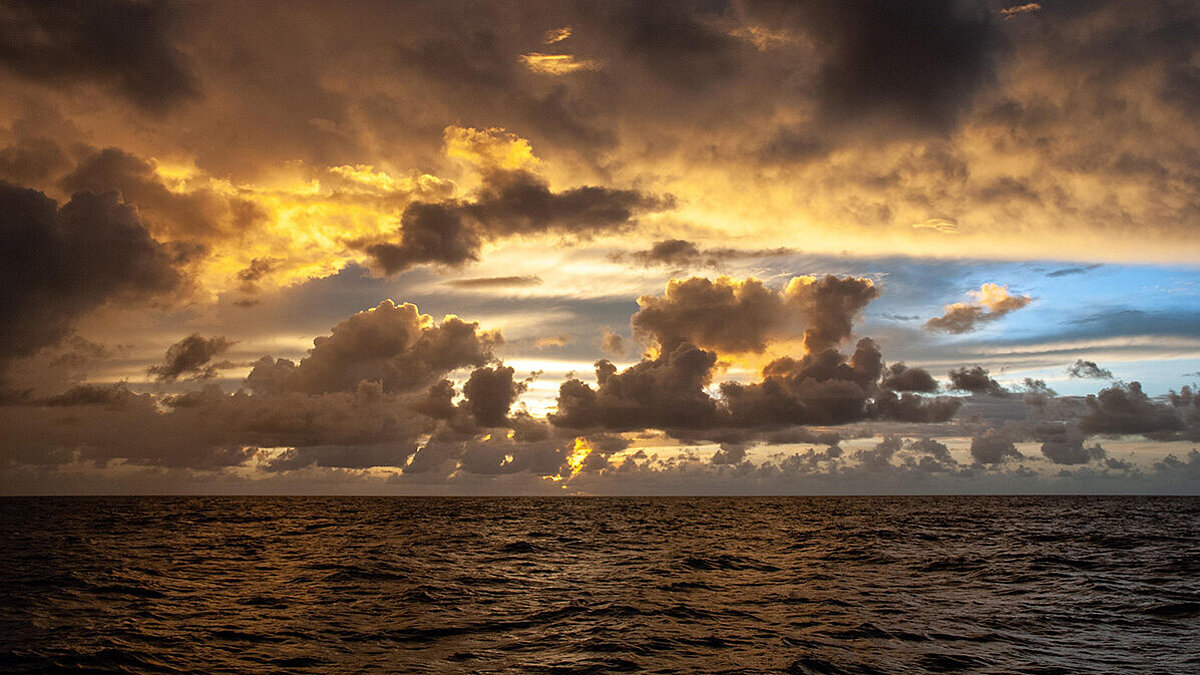
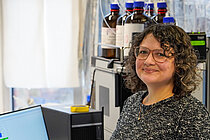
![[Translate to English:] Screenshot of a website showing a section of coastline from the air](/fileadmin/_processed_/d/8/csm_04_56_01_2__9ad52d09ce.jpg)
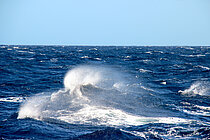
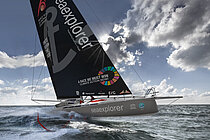
![[Translate to English:] A ship is moored to the harbour wall with ropes. The sky is blue.](/fileadmin/_processed_/3/f/csm_26-01-12_METEOR_ChristianClauwers_438a19556e.jpg)
